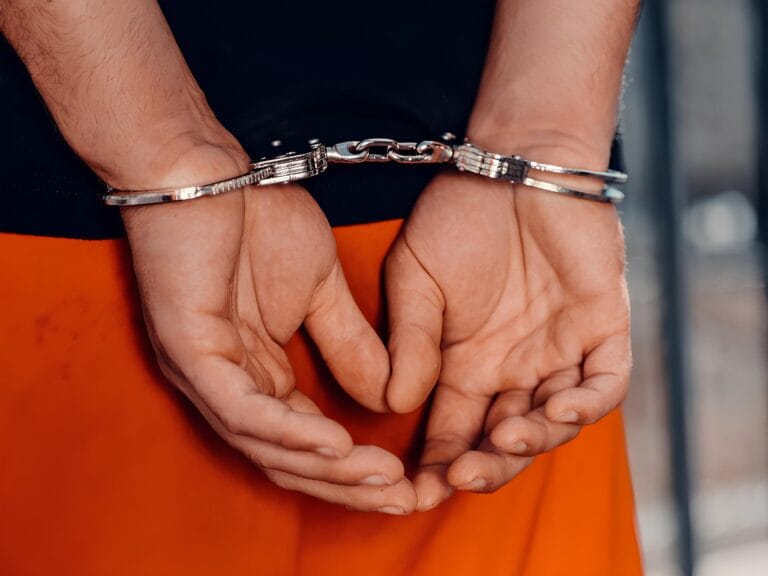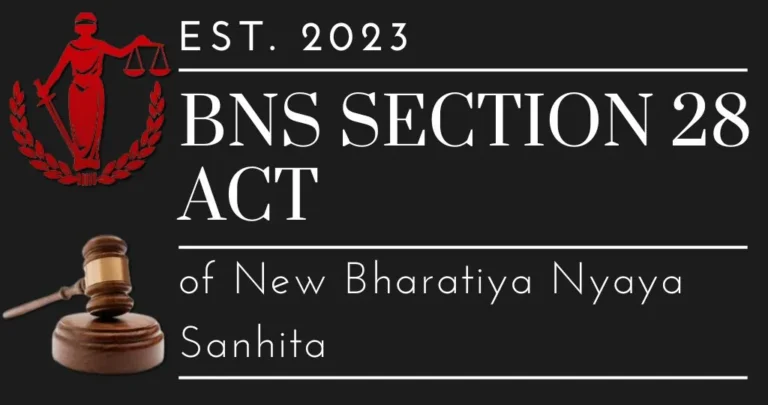
Handling Complaint Cases and Police Investigations: A Deep Dive into Section 233 of the Bharatiya Sakshya Adhiniyam, 2023
Managing Complaint Cases and Police Investigations: A Comprehensive Review of Section 233 of the Bharatiya Nagarik Suraksha Sanhita, 2023
TheBharatiya Nagarik Suraksha Sanhita, 2023, effective from July 1, 2024, has made some important alterations to the method of criminal investigations and trials in India. One of its significant provisions, Section 233, details the procedure to be adopted while a complaint case is being tried by a Magistrate, but it is discovered that a police investigation is also pending for the same offense. This section sees to it that proceedings in such cases are disposed of effectively and justly without duplication and undue delay in the administration of justice.
Complaint Cases and Police Investigations: An Overview of Section 233
For More Updates & Regular Notes Join Our Whats App Group (https://chat.whatsapp.com/DkucckgAEJbCtXwXr2yIt0) and Telegram Group ( https://t.me/legalmaestroeducators ) contact@legalmaestros.com.
Section 233 of the Bharatiya Nagarik Suraksha Sanhita addresses cases where a complaint case (a case instituted otherwise than by a police report) is already under investigation or trial before a Magistrate, and in the process of such proceedings, it is found that the police are also investigating the same offence.
Complaint case” is used for cases filed by a complainant (private organization or individual) directly before a Magistrate, as opposed to being filed following investigation in the form of a police report. The provision is important to avoid conflicts or overlap between police investigation and complaint cases.
Staying Proceedings in Case of Ongoing Police Investigation
Under Section 233(1), if at the time of inquiry or trial of a case of complaint, it is revealed that the police are investigating the same crime, the Magistrate shall forthwith suspend (stay) the inquiry or trial. This stay is done to prevent any possible conflict or duplication of effort between the investigation by the police and the pending trial on the basis of the complaint.
The Magistrate will then request a report from the investigating police officer. This is done to ensure that the court is fully aware of the police investigation and can act in a way that does not hamper justice.
Example: A local trader goes to court with a complaint against a contractor alleging fraud. In the course of the trial, it is revealed that the police are also conducting an investigation into the contractor on the same fraud charges. The Magistrate will stop the ongoing trial and seek a report from the police so that both the police and court are aware of what is alleged and act in a coordinated fashion.
Joining the Complaint Case and Police Case Together
In a few cases, the police will close their investigation and submit a report under Section 193, which enables the Magistrate to take cognizance of the offense against the accused in the complaint case. In such a situation, Section 233(2) applies.
Under this provision, if the Magistrate chooses to take cognizance of an offense on the basis of the police report, they are required to consolidate the complaint case and the case based on the police report. Both cases will then be dealt with as if they were originally instituted on the basis of a police report. This consolidation prevents the trial from being held twice for the same offense, which might otherwise lead to conflicting verdicts.
Example: Following the above example, in case the police investigation finds that the contractor has actually committed fraud and makes a report to this effect, the Magistrate will merge the original complaint and the police case into a single trial. The contractor will now be dealt with by one consolidated case, so justice is streamlined.
Continuing the Original Complaint Case if No Offense Is Reported in the Police Report
Section 233(3) provides for what occurs when the police report does not pertain to any of the accused in the case of the complaint or where the Magistrate refuses to take cognizance of the offense on the basis of the police report. In either of these situations, the Magistrate will merely resume the inquiry or trial of the case of the complaint, which had been suspended.
In this manner, the court remains engaged with the complaint case if the police investigation does not lead to any charges that overlap with it. This provision prevents the complaint case from being unnecessarily delayed or disrupted.
Example: In case the police investigation finds no basis in the fraud charge against the contractor, or the investigation is for another accused, the Magistrate will proceed with the initial complaint case by the merchant, without merging it with any police report.
Connection with Previous Sections: Ensuring Efficient Trial Procedures
Section 233 is not an isolated provision. It follows previous sections of the Bharatiya Nagarik Suraksha Sanhita, including Section 227, which addresses the service of processes and notices on the accused, and Sections 230 and 231, which mandate the Magistrate to furnish copies of police reports, statements of witnesses, and other documents to the accused.
These provisions make sure that, whether a case is instituted on the basis of a complaint or a police report, the accused is provided with all the information required for their defense, and the trial is conducted in a way that is transparent and fair.
Conclusion: Streamlining Justice Through Section 233
Section 233 of the Bharatiya Nagarik Suraksha Sanhita, 2023, is crucial in synchronizing the concurrent proceedings of complaint cases and police investigations. It makes it possible that when a complaint case and an investigation by the police are handling the same offence, the process of trial is efficient and fair. Pendency of the complaint case during police investigation, combining both cases when so required, and continuing the trial in case the police investigation does not impact the complaint case, this provision avoids redundancy and confusion in the process of law.
This section, and other procedural protections, guarantee that justice is administered in a way that honors both the rights of the accused and the integrity of the investigation






